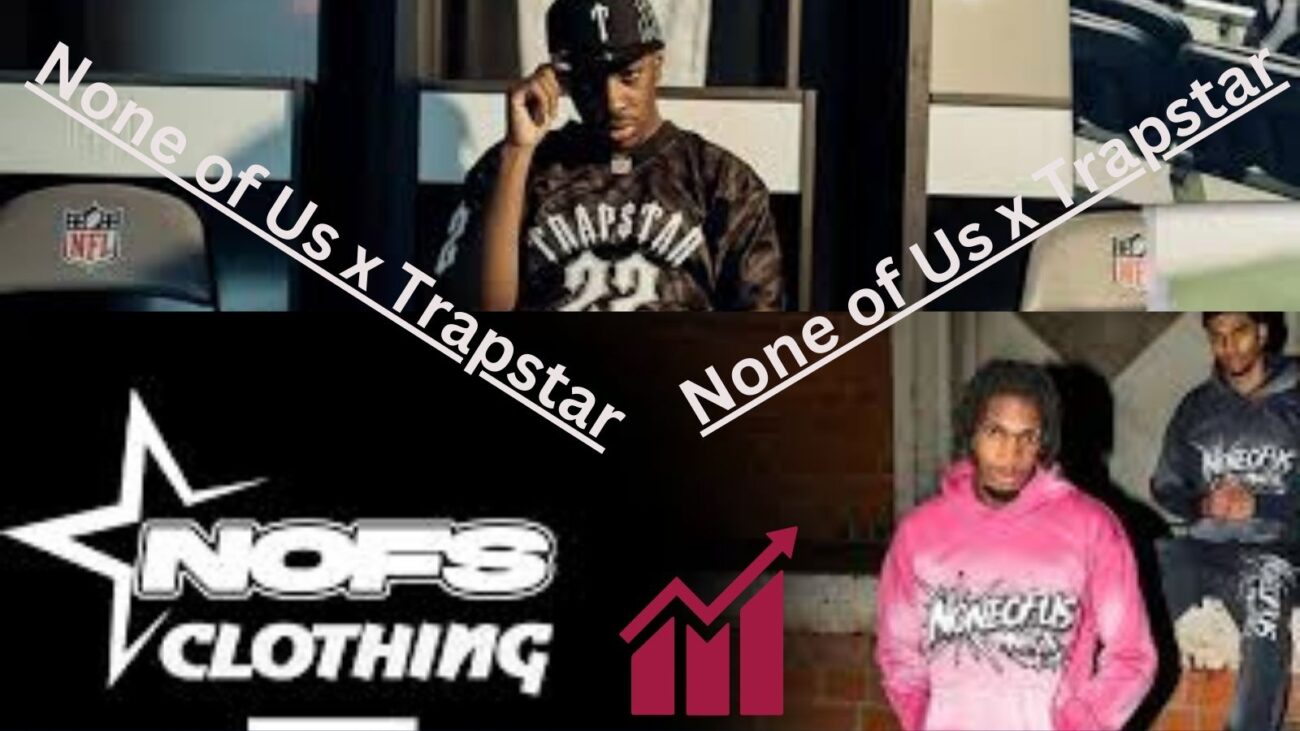Introduction
In the time of social media and computerized communication, expressions and expressions regularly pick up notoriety and become a portion of ordinary vernacular. One such state that has captured consideration is “None of Us Are Official.” This article investigates the roots, elucidations, and social centrality of “None of Us Are Official,” diving into its significance in today’s world.
The Roots of the Phrase
The expression “None of Us Are Official” does not have a single, conclusive beginning. Instep, it shows up to have risen naturally from different subcultures and online communities. What Does “None of Us Are Official” Mean?
Counterculture Movements

The concept of dismissing officialdom and setting up standards has long been a trademark of counterculture developments. From the Beat Era of the 1950s to the punk shake scene of the 1970s, numerous bunches have grasped the thought of dissension and addressed the authenticity of societal benchmarks. “https://noneofusofficil.com/” echoes this opinion, proposing a collective resistance to being labeled or restricted by officialdom.
Social Media and Web Culture
In the advanced age, social media stages have given a space for people to express themselves unreservedly and challenge the conventional ideas of specialists. Memes, hashtags, and viral expressions regularly rise from these stages, reflecting the zeitgeist of online communities.
Interpretations of the Phrase
Here are a few common interpretations:
Rejection of Conventional Authority
One elucidation of the express is a dismissal of conventional specialists and approval. In a world where official titles, certifications, and supports regularly manage one’s worth, this state challenges the idea that such approval is vital. It recommends that people characterize their possess personalities and accomplishments without requiring outside approval. What Does “None of Us Are Official” Mean?
Emphasis on Authenticity
In an age where curated online personas and performative behaviors are predominant, this state energizes individuals to grasp their genuine selves.
Solidarity and Inclusivity
By expressing that “https://noneofusofficil.com/hoodie/,” it makes a sense of solidarity among people who may feel marginalized or prohibited by conventional frameworks of approval.
Cultural Significance
The state “None of Us Are Official” has social centrality that amplifies past its exacting meaning.
Identity and Self-Expression
In today’s world, character is a complex and multifaceted concept. Individuals are progressively investigating and communicating their personalities in different and flighty ways. The state “None of Us Are Official” resounds with this drift, emphasizing that personality is individual and self-defined.
The Rise of Decentralized Movements
In different areas, from craftsmanship and music to legislative issues and activism, there is a developing accentuation on bottom-up approaches and community-driven endeavors.
Critique of Regulation Power
By dismissing the requirement for official approval, the state challenges the specialist of education that has truly held control and impact.
Real-World Examples
To way better get the effect and pertinence of “None of Us Are Official,” it is supportive to see real-world illustrations where this ethos is evident.
Independent Specialists and Creators
In the world of craftsmanship and amusement, numerous free specialists and makers exemplify the soul of “https://vloneclothing.us/” Stages like YouTube, Bandcamp, and Patreon have enabled specialists to construct their careers on their claim terms, without requiring official support or validation.
Grassroots Activism

These developments work exterior of conventional political structures, emphasizing the control of collective activity and community organizing. “None of Us Are Official” captures the quintessence of these developments, highlighting the significance of grassroots endeavors in driving social change.
Open Source Communities
In the domain of innovation, open source communities embody the standards of “None of Us Are Official.” These communities prioritize straightforwardness, collaboration, and inclusivity, challenging conventional ideas of exclusive proprietorship and official control.
Challenges and Criticisms
The Require for Benchmarks and Accountability
In a few settings, official approval serves a critical reason, guaranteeing quality, security, and unwavering quality. For illustration, in areas like pharmaceutical, building, and law, official certifications and licenses are fundamental for keeping up proficient guidelines and securing open welfare. It is imperative to strike an adjustment between grasping genuineness and guaranteeing accountability.
The Chance of Relativism
Without a few frame of criteria or assessment, it can be troublesome to recognize between veritable skill and deception. In the age of data over-burden, the capacity to fundamentally evaluate sources and qualifications remains crucial.
Inclusivity and Representation
Not all people have risen to get to stages or openings to express themselves.
Conclusion
“None of Us Are Official” is an expression that typifies a capable and resounding message in today’s world. It challenges conventional ideas of specialism and approval, emphasizing the significance of realness, self-expression, and inclusivity.
As we explore a progressively complex and interconnected world, the ethos of “None of Us Are Official” reminds us to esteem our one-of-a-kind personalities and commitments. It energizes us to address the requirement for outside approval and to recognize the control of collective activity and community-driven endeavors.










